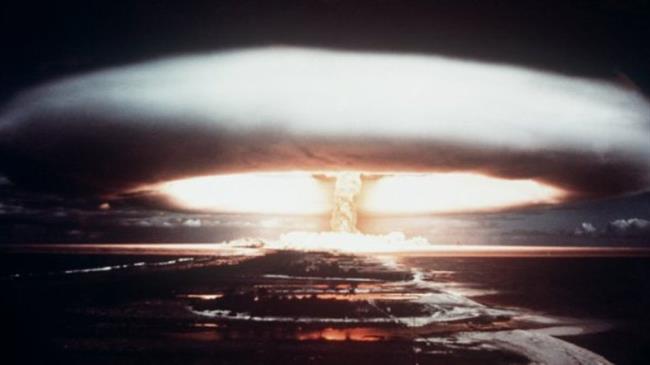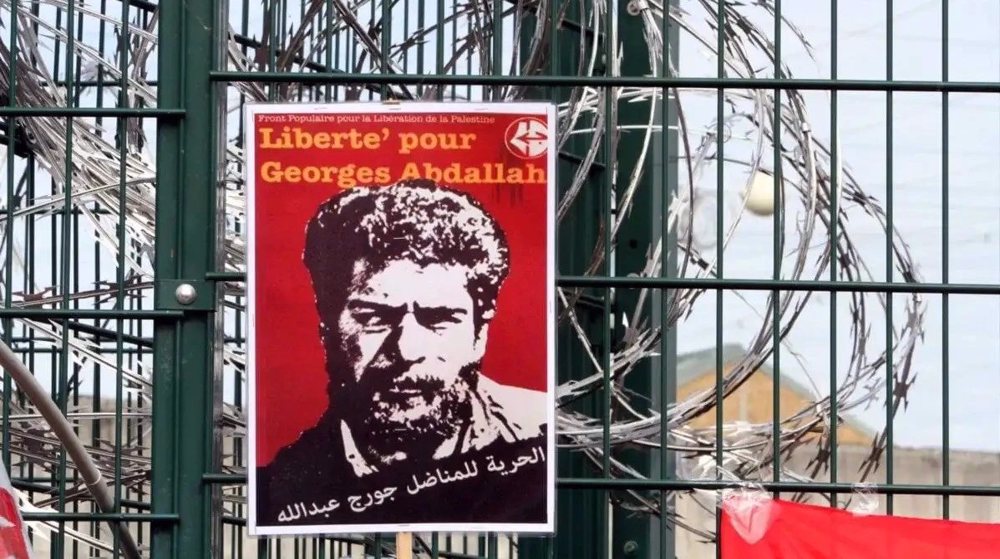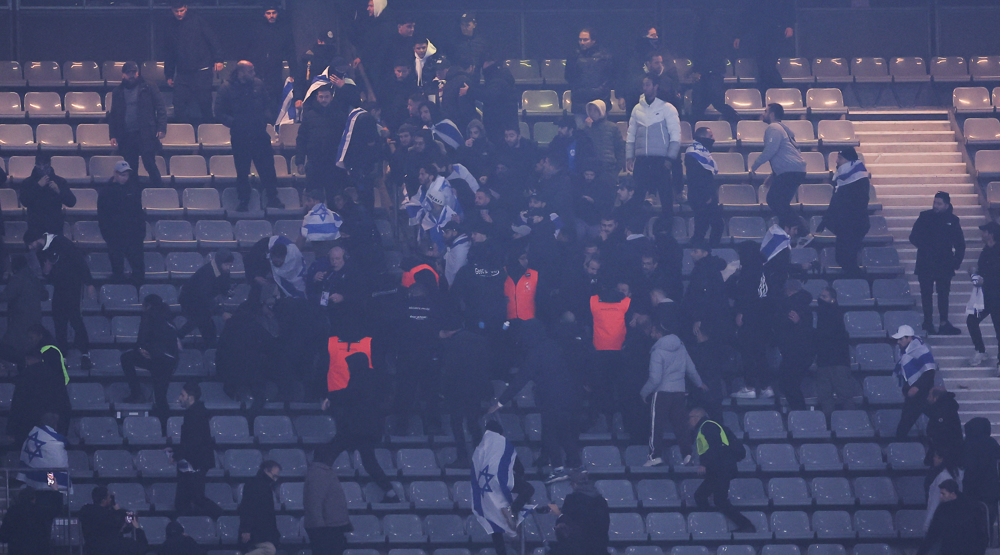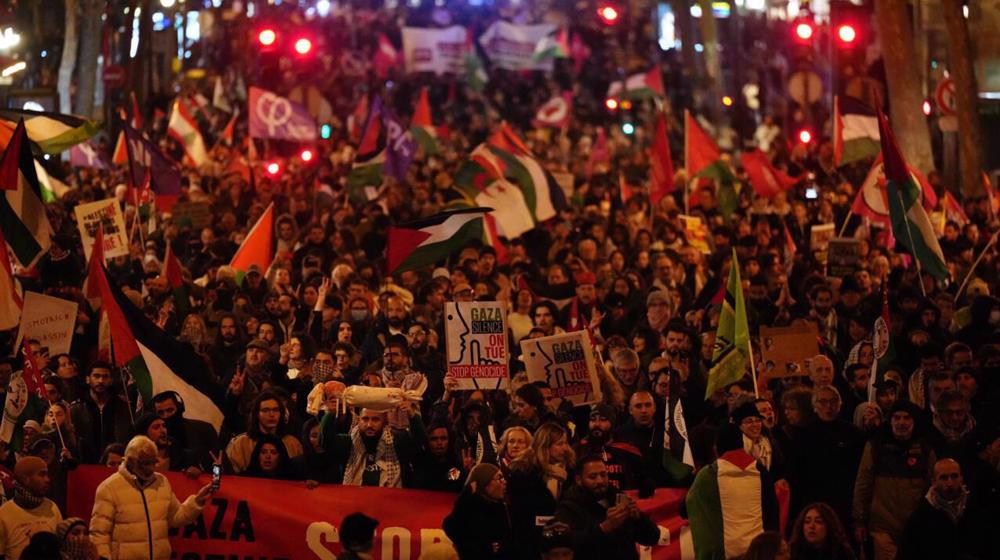France sued for cimes against humanity over nuclear tests
France will be facing the Hague-based International Criminal Court (ICC) for alleged crimes against humanity over a series of nuclear tests it had been conducting in the South Pacific for some three decades.
A French Polynesian opposition leader said a complaint has already been filed to “hold all the living French presidents accountable for the nuclear tests against,” conducted against Polynesia – French oversees territory in the South Pacific.
“It's with a great sense of duty and determination that we filed a complaint at the International Criminal Court on October 2 for crimes against humanity," Oscar Temaru said at the United Nations.
"We owe it to all the people who died from the consequences of nuclear colonialism,” he added.
France carried out 193 out of 210 nuclear tests from 1960 to 1996 in Polynesia. For decades, it had claimed that the explosions were controlled and clean and denied its responsibility for the health and environmental impacts of the testing.
Back in 2013, declassified documents of the defense ministry however revealed that extent of plutonium fall-out from the tests was kept hidden.

According to the documents, plutonium fallout hit the whole of French Polynesia, a much broader area than France had previously admitted.
French daily Le Parisien wrote at the time that the documents "lifted the lid on one of the biggest secrets of the French army.”
French Polynesia with a population of about 290,000 people is best known nowadays for its tourist island of Tahiti, which was exposed to 500 times the maximum accepted levels of radiation.
"We see French nuclear tests as no less than the direct result of colonization," Temaru said, adding the testing was imposed upon the islanders "with the direct threat of imposing military rule if we refused."
Temaru said France has "ignored and shown contempt" for repeated offers since 2013 to come to the table under supervision of the United Nations.
Earlier this year, French Polynesia's nuclear test veterans organization, Moruroa e tatou, said only if France increases its compensation efforts 100 times, it will become credible that it takes the problem seriously.
Marking the 52nd anniversary of the first of the weapons tests, the organization said in July that despite confessions from France it was working on compensation for victims of the weapons test, the process was not functioning as it should.
It said France has been considering only four cases this year, while 100 times more cases would have to be dealt with.
US House passes bill targeting charities and pro-Palestine groups
Hezbollah attacks Israeli forces after Lebanese homes blown up
World leaders, states hail ICC arrest warrants for Netanyahu, Gallant
MP: US accountable for possible Israeli 'foolishness' to attack Iraq
VIDEO | Israeli policies strangle Palestinian agriculture, economy
Iran's president offers condolences to Pakistan over terrorist attack
Canada’s Yukon town council at standstill over refusing oath to King Charles
Yemen's Houthi calls for jihad to protect Palestine against Israel











 This makes it easy to access the Press TV website
This makes it easy to access the Press TV website